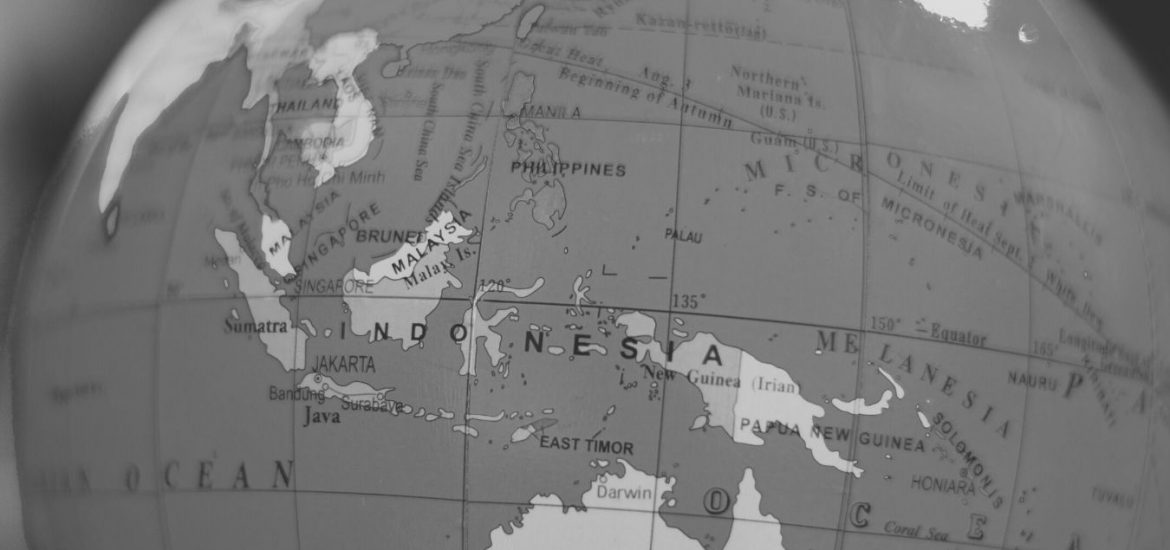G-20 which consists of 19 nation-states and one regional organization, European Union became an exclusive forum for economic cooperation for the past nine years under strong commitment to face the world economy progress by strengthening the domestic financial institutions each member state. For the sake of financial stability, World Bank and IMF as Breton Woods institutions have been formed the deal.
G-20 is not only a forum to rescue world economic crash and economic crisis. More than that, all members need to demonstrate transparent and accountable fiscal policies, coordinate their national fiscal and monetary policies as well as an anti-protectionism trade policy in order to ensure balanced economic growth among them. In fact, 20 countries as members of G-20 together contribute more than 80% of the global economic income based on GDP, FDI, their markets, world trade and their total population which we will bring stable economic growth globally as well as economic recovery to other nations who face financial crisis. The economic crisis in the 1990s, the financial crisis in the United States in 2008 and the most recent monetary crisis in Greece show how important continuous collective action to rescue the global economic problem.
Indonesia is a member of G-20 since 1999 under strong interest to represent other developing countries in Southeast Asia since Indonesia is one of the important emerging countries that have the fourth-largest population in the world which is in an economic perspective, the large population will invite potential consumers for global products. Meaning that the purchasing power of Indonesian citizens will increase and will be the buyers for importing goods from the global market especially from neighboring countries. Besides that, Indonesia’s position in ASEAN have brought such a golden value to the G-20 which will bring impact to Southeast Asia development by projecting Indonesia as a model to strengthen the liberal-democratic system among ASEAN member states. For Indonesia’s side, G-20 is really important since Indonesia has been experiencing an economic crisis in 1997 until 1998 and in 2008 so through G-20 Indonesia tried to grab an opportunity to achieve a betterment after those hard crises by contributing to establish a strong global economic architecture.
Indonesia still needs further effort to maintain its role in G-20 since Indonesia has very rich natural resources but lack of ability to produce goods which hardly to compete with foreign products especially to meet the international standard of the global market. Even though Indonesia has tried to improve the industries but in fact, Indonesia is still in the early stage of economic development if compared to China and Brazil. That is why Indonesia put G-20 as a strategic gate to increase its rating for FDI in order to boost its development in producing goods as well as to become a better prospect for the Indonesian economy.
Besides, Indonesia is fully supporting G-20’s commitment to combat protectionism which means Indonesia will maintain open market policies in order to give larger opportunities for domestic products to compete with imported goods in the domestic market. This matter indirectly will increase the competitiveness of Indonesia’s product to the global market as well as to keep its economy be more open to the world. Indonesia’s decision against protectionism somehow becomes more controversial when some analysts argue that even the developed industrialized countries use protectionism. It is a bit dilemma for Indonesia whether conducted an anti-protectionist through the open economy will be the best decision while Indonesia keeps considering to protect its local products by increasing the goods export pursuing the international standards. This challenge is part of Indonesia’s effort to enhance its role in the G-20.
There are only three member nations in G-20 that are Muslim-represented countries which are Saudi Arabia, Turkey, and Indonesia. As the most populous Muslim country, the world’s Islamophobia had impacts on Indonesia which labeled as a state occupied as terrorist particularly since the Bali Bombing was committed by an Islamic militant group. In response, Indonesia made efforts to prove to the world that Islam is not negative at all by showing its moderate nation system who respects pluralism. Though Indonesia’s membership in G-20, Indonesia has expressed the true identity of Islam which is moderate, tolerant, open and try to erase a gap between Islam and the West.
Indonesia’s status as the biggest Muslim country has given Indonesia confidence to take a leading role in bridging the Muslim world and the rest in the democratization process which is so relevant to represent Muslim countries in the G-20 by showing a positive image of Islam moderate. But in the end, being a member of G-20 is not only about the representative since the forum purely about economics and for countries who have been selected to become member nations because of their capacity as emerging economies regardless of the status of religion.
The Muslims countries in the G-20 including Indonesia have the opportunity to contribute to strengthen the conventional system for the economic growth in the G-20 process as well as have a chance to develop complementary methods such as the Islamic financial system to boost the progress. The membership in the G20 has an essential meaning for Indonesia. It is not only to complete Indonesia’s interest in both domestic and global arena by enhancing Indonesia’s image as a cooperative and moderate nation. Indonesia also emphasizes itself as a Muslim country that has been consolidating its democracy. Meaning that Indonesia’s interest to demonstrate positive image in the eyes of the international community is still there since G-20 is a forum to accommodate all major civilization which is including Indonesia as the world’s most populous Islamic country in promoting its link to global identity issues.
REFERENCES:
Hermawan, Yulius P. red. 2012. The Role of Indonesia in the G-20: Background, Role, and Objectives of Indonesia’s Membership. Friedrich Ebert Stiftung Indonesia Office. South Jakarta.
